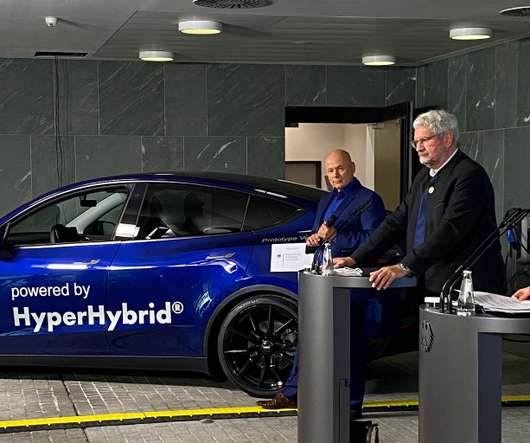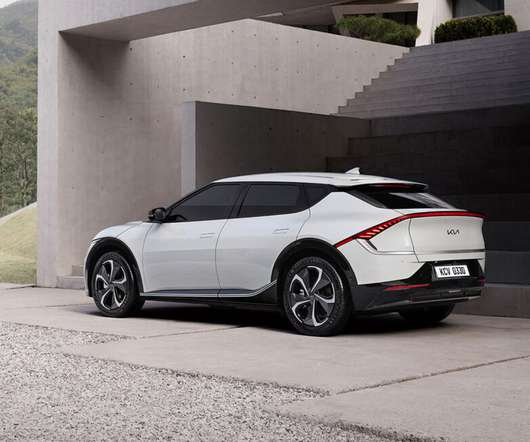MIT researchers develop oxygen permeable membrane that converts CO2 to CO
Green Car Congress
NOVEMBER 28, 2017
MIT researchers have developed a new system that could potentially be used for converting power plant emissions of carbon dioxide into carbon monoxide, and thence into useful fuels for cars, trucks, and planes, as well as into chemical feedstocks for a wide variety of products.

























Let's personalize your content